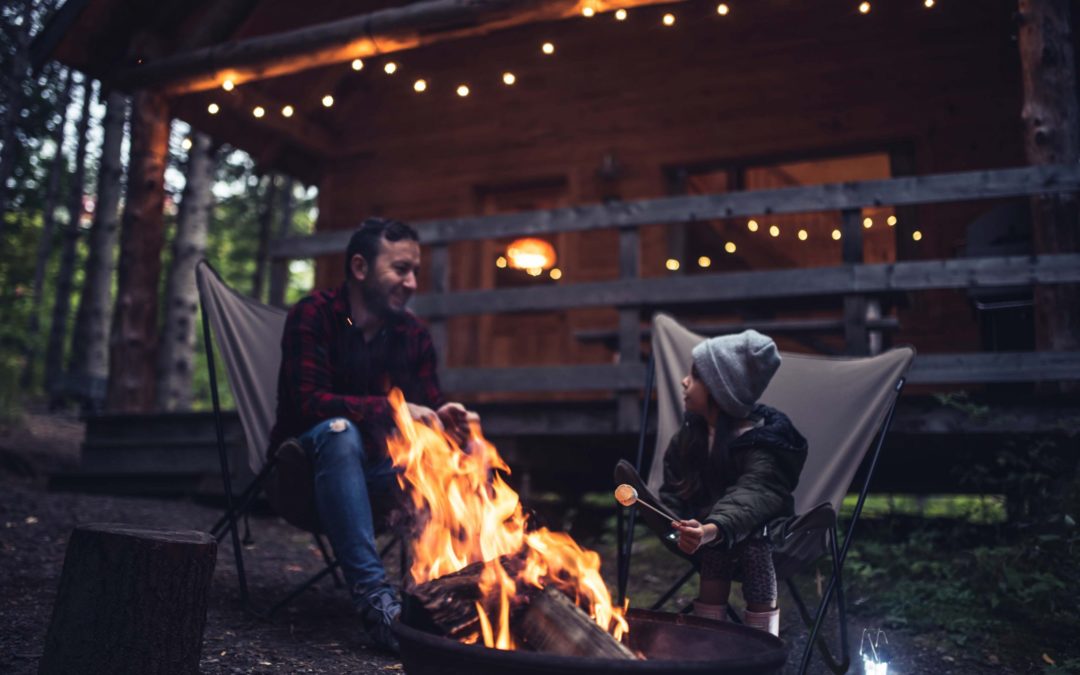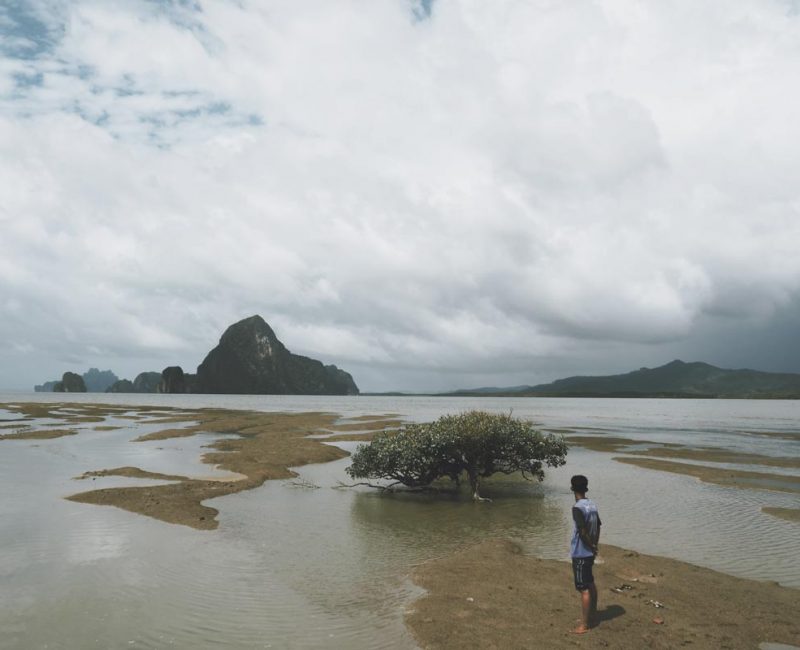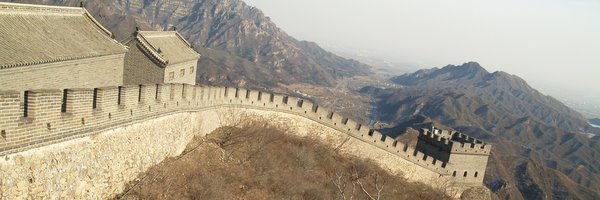Fire Safety Tips for Camping


Camping is an excellent opportunity to unwind, reconnect with your family/friends, and deal with burnout. Nonetheless, your camping experience can, in a blink of an eye, turn into a nightmare. Fire can cause significant damages, including injuries. While the pop and hiss, coupled with the fire’s light and warmth, make the camping experience a lot more fun, safety can’t take the backseat. As you gather your gear, considering fire safety should be on your checklist. With items such as fire pumps, you can considerably lower the chances of a full-blown fire incident that can ruin your camping quests. Other practical fire safety tips for camping include;
Rules are your friend
Camping grounds have fire regulations for a reason. If they establish that wildfire risks are higher during a particular season, they ban fire, keeping incidents at bay. The regulations change, and before making a fire, ensuring that you revisit them if you regularly visit the site shouldn’t be an afterthought. You’ll also find fire guides, if allowed, helping you to make a campfire safely.
Pits are the go-to
Does the camping ground provide fire pits or rings? If they do, only make a campfire in the pit. If you are in a more remote location with no pits, make one. Dig a fire pit away from the tent, and circle it with rocks. Also, ensure that it is away from hazards that can easily catch fire. Pick a clear spot, with no hanging branches or power lines, among other considerations. A pit makes it easier to keep the fire contained, making it safer.
Consider the wind
The wind is a significant factor as it can, in an instant, spread a fire. Establish the upwind, and ensure that your items, including firewood, tent, and other combustibles, are at least 15 feet away. It is tempting to hang your clothes to dry closer, but sick to the 15-feet rule to be on the safe side.
Safety first
Don’t make the fire using gasoline. After using a match, don’t dispose of it without care. Either throw it in the fire to burn or extinguish it with water. Campfire doesn’t have to be roaring. Keep it at manageable levels, making it easier to distinguish and avoid accidents. Ensure you have water close by and a shovel. With the water, you can quickly distinguish stray frames and use the shovel to throw some soil to keep the space less prone for a fire breakout. Keep younger children and pets away. Accidents can happen anytime, and as you focus on the child, lose sight of a possible fire spread.
Use battery-powered items
As you consider camping fire safety, it is easier to forget what you use inside the tent. It is recommendable only to carry battery-powered equipment. Battery-powered lanterns and flashlights are safer compared to liquid-filled options. Such equipment could lead to carbon poisoning, not to mention open flames that can lead to fire accidents.
After you are done, don’t leave the fire unattended. Put it out, and be thorough, including measures like pouring water, turning the ashes with a shovel, and adding more water.





